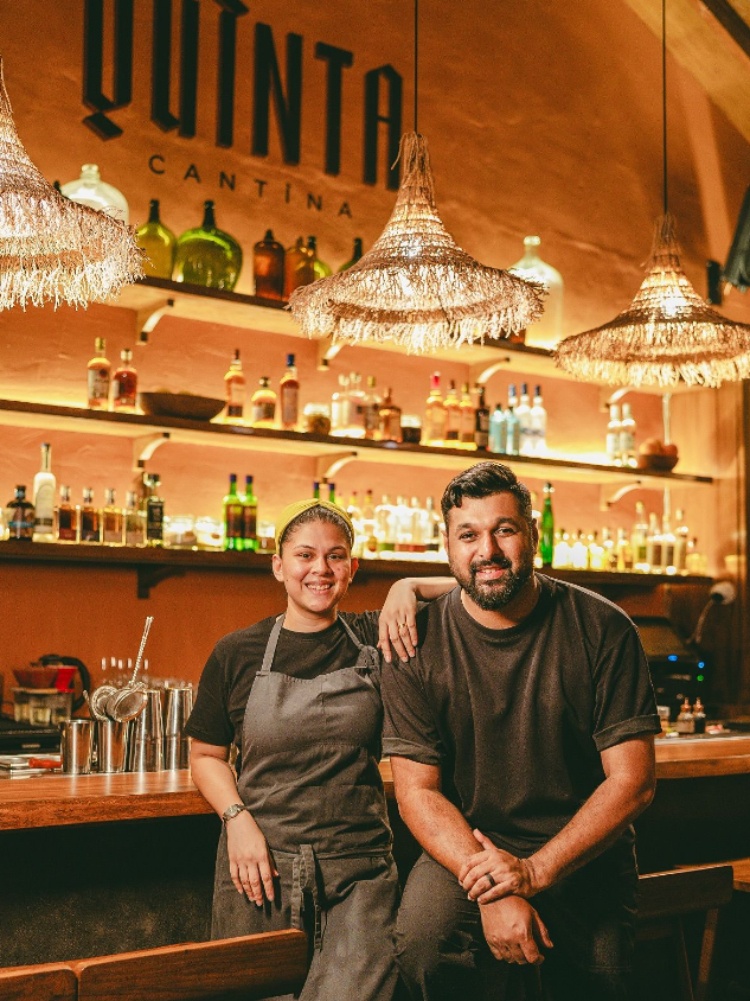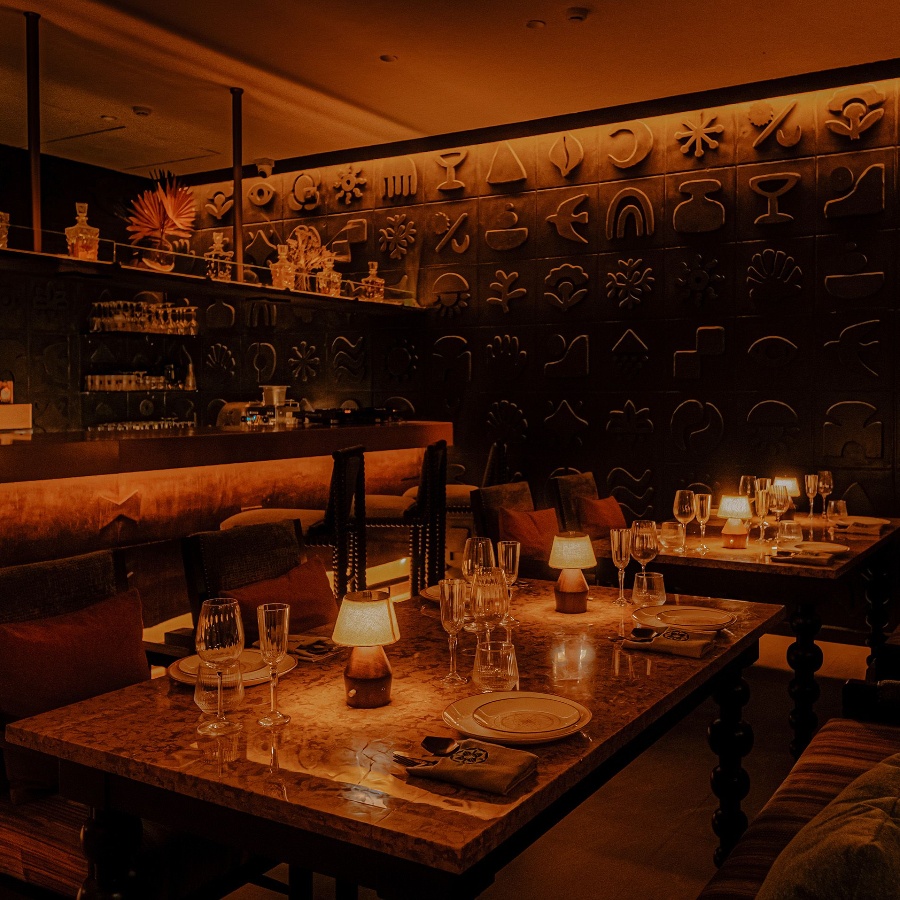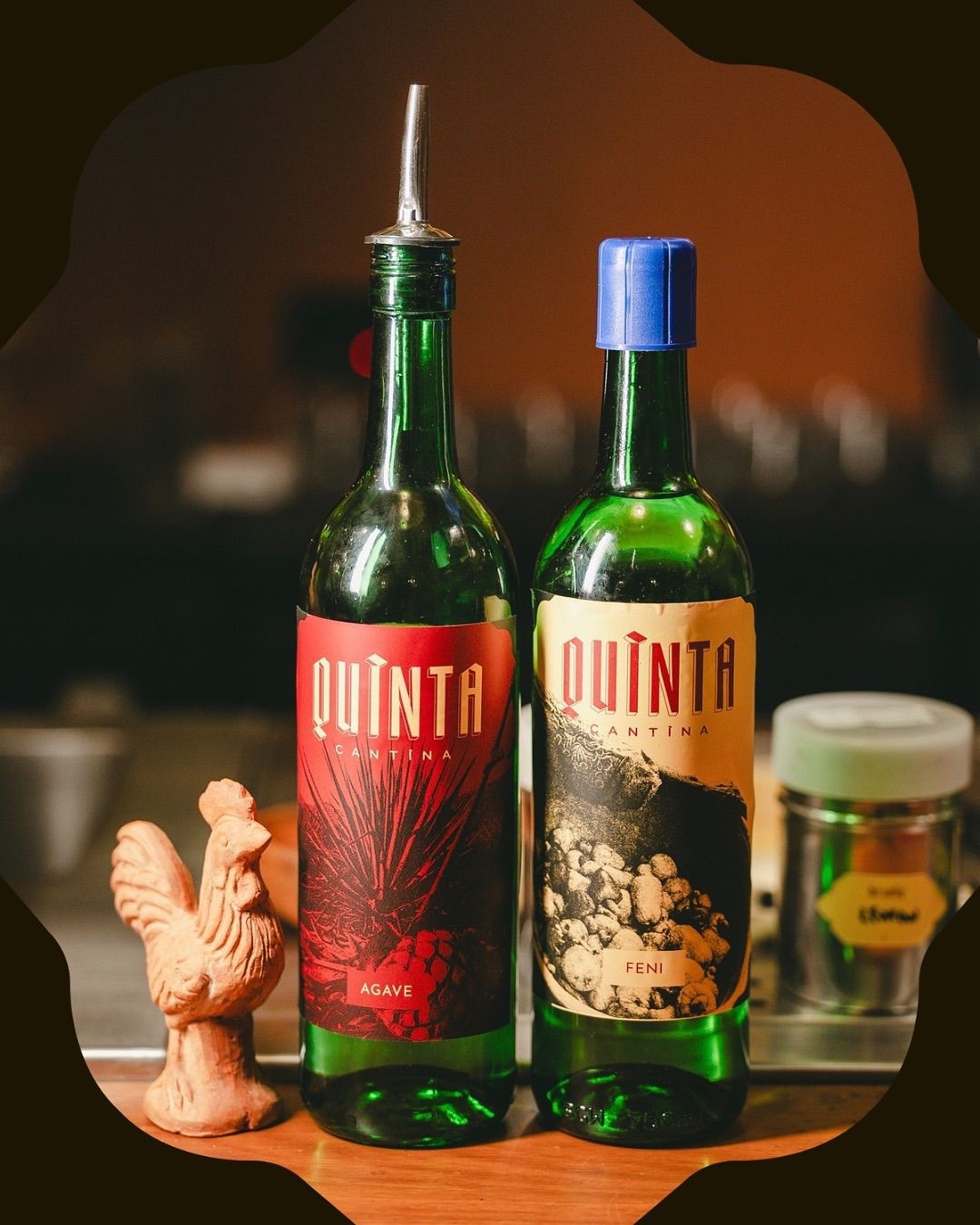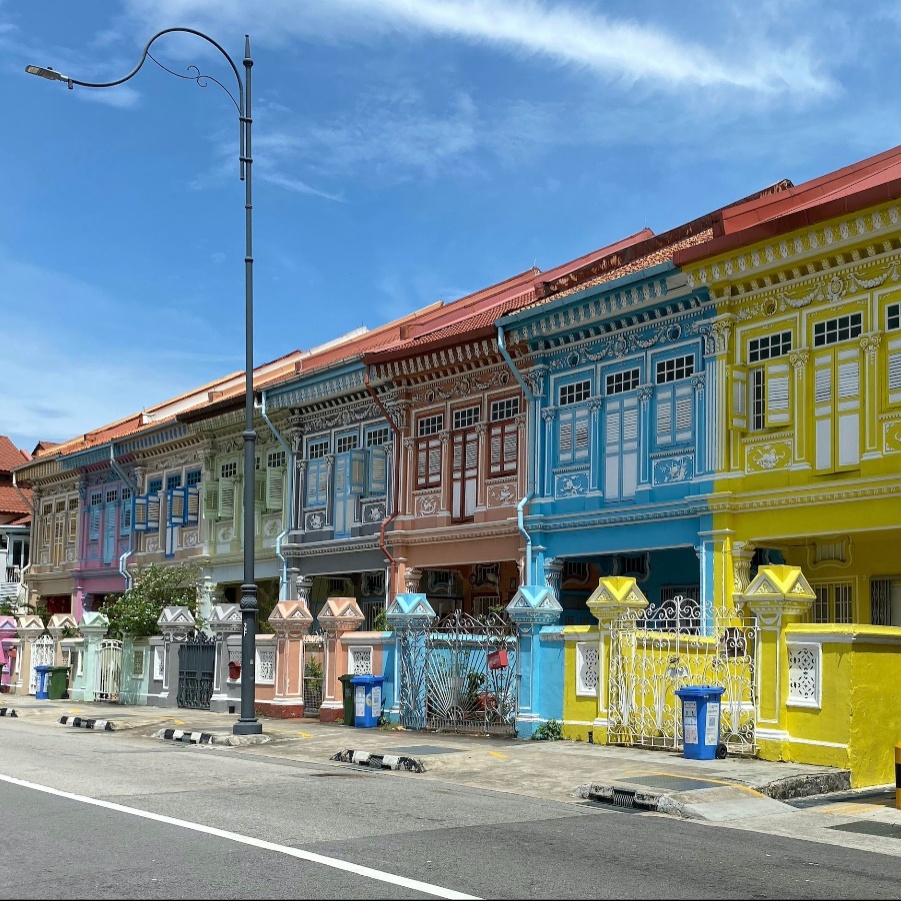For as long as I can remember, feni has been dismissed as Goa’s firewater—sharp on the nose, fiery on the palate, and rarely taken seriously beyond local circles. Tequila and its now uppity cousin, mezcal, too, once carried a similar reputation: a cheap shot chased with lime and salt. And yet, Mexico managed to transform its agave spirits into symbols of craft and cultural pride. It’s in this space of parallels that celebrated mixologist Pankaj Balachandran makes his move. The man behind some of the strongest bar programmes in India, and one who put Bar Tesouro (fourth on Asia’s 50 Best Bars 2022) and most recently Boilermaker Goa (30th on Asia’s 50 Best Bars 2025) on the global map, has now turned his focus to feni with Quinta Cantina, a 35-seater bar tucked above Goan-Portuguese bar and eatery Ourem in Goa’s Fontainhas area.
Like the cuisine it holds, Quinta Cantina’s name has Portuguese and Mexican roots. ‘Quinta’ is Portuguese for ‘estate house’ while ‘Cantina’ means ‘conviviality’. And even without the massive square-footage of a country house, this cosy and warm space feels more like a lively salon than a swanky new bar. Before you’ve taken your seat by the long bar or the community table at the centre, you know you’ve signed up for a night of conversations.
Restoration architect Rochelle Santimano of Studio Praia is behind its charming, pared-back character. No Mexican calaveras or lucha libre masks here; instead, Santimano relies on terracotta-tinged walls for an earthy and restrained look. The design makes you feel right at home, where walls are lined with pickle jars on one side and glass garrafãos (used to store and age feni) on the other.
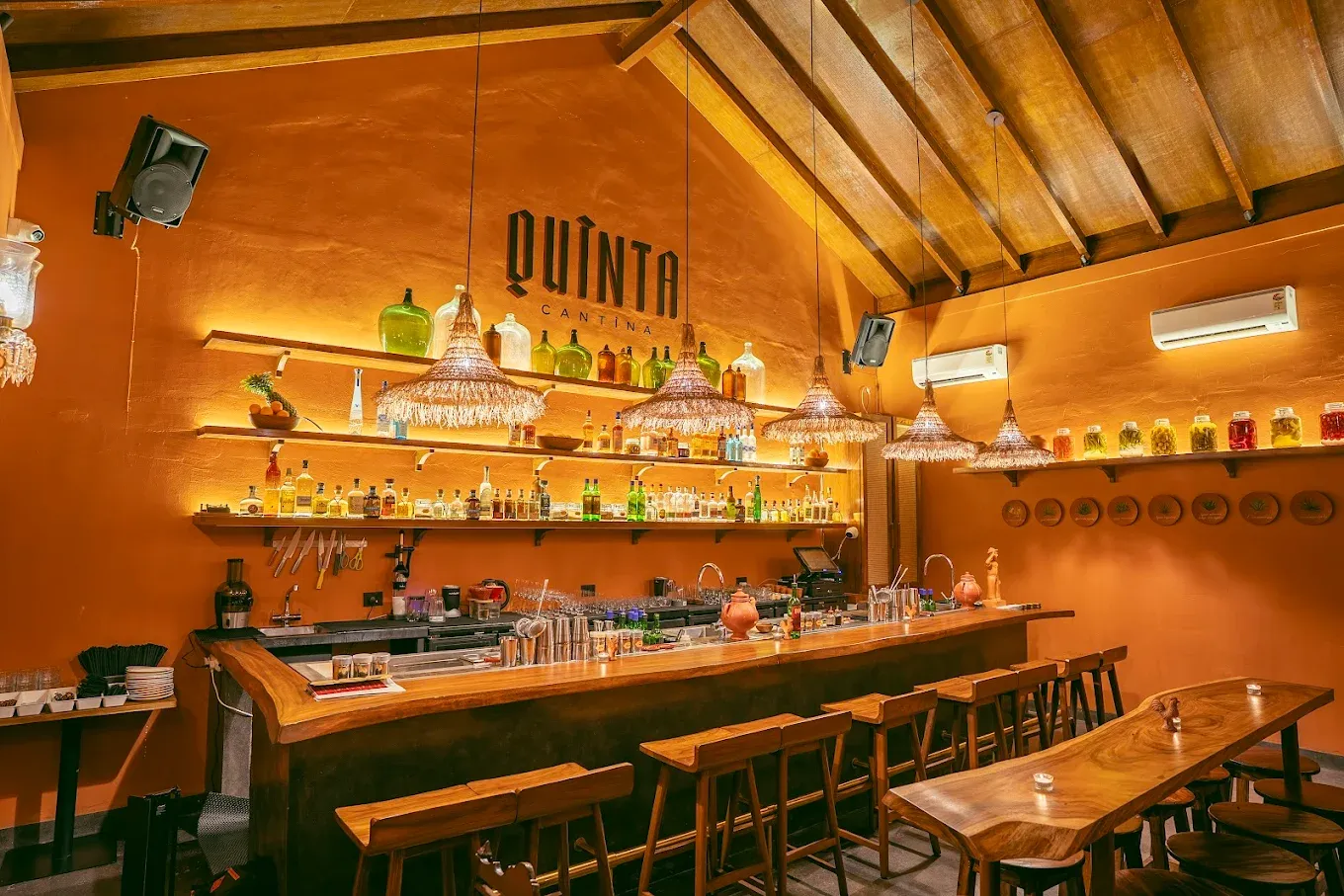
“Both feni and agave are spirits with deep cultural roots, shaped by land, community, and tradition. When I began studying them side by side, I was struck by the many parallels they share,” Balachandran tells me, “From the tools used in harvest and the way they’re grown and ripened, to double distillation in copper stills and, in some cases, clay condensers, to the rituals of salts and citrus in agave, and salts or brined pickles in feni. Both mezcal and feni remain rooted in craft, made by distillers who still rely on traditional methods, often without even a spirit gauge or refractometer,” says the founder of Countertop India, who through his bar-focussed consultancy has been reshaping India’s drinking culture.
“My aim is to make people see feni as not a local hooch but a serious spirit,” says Balachandran, knowing he’s not the first to say so. He knows there are others who have tried to push feni forward in the past. With deep respect for Jay Khan of COA, Hansel Vaz, Goa’s unofficial custodian of feni, and Bulund Shukla of For The Record, whose menu pushed feni into a new creative space, Balachandran just hopes Quinta Cantina will make even the finicky give feni a chance.
With this guiding star, he’s designed a drinks programme that is nothing short of ambitious. Fortnightly rotating tasting menus spotlight both feni and agave, supported by a cocktail list that balances play and precision. His single-page bar menu features GI-certified fenis, single-estate expressions, mezcals like Tobalá and Pechuga, and abocado (infused) cocktails that form the backbone. Feni is sourced directly from small-batch Goan producers, whereas for agave, the curation spans established houses as well as rare artisanal bottles that are seldom seen in India.
